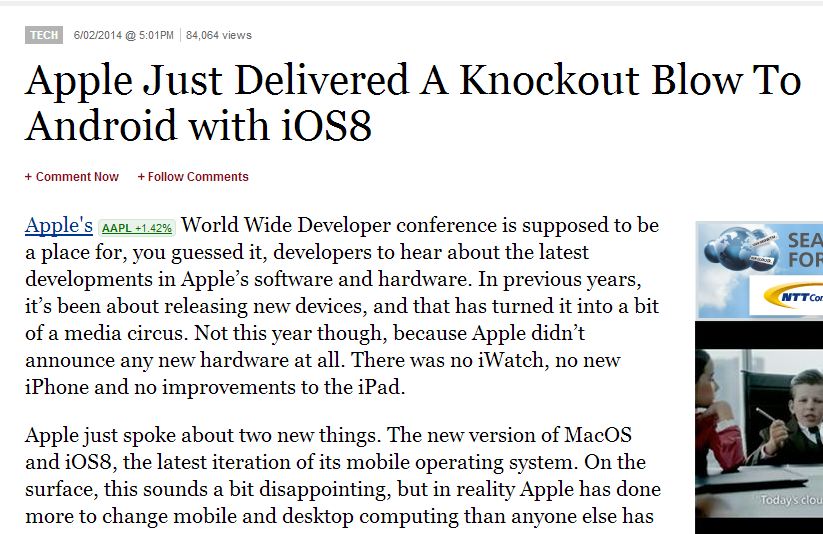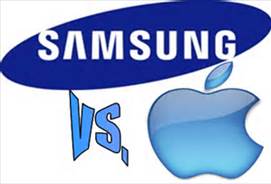What is the Difference between Buy or Rent?
A federal judge allowed a class-action lawsuit against Apple involving the difference between the options buy or rent to continue. At question is the option at offer in selling music, should customers of Apple Buy or Rent their music, movies, and television shows? I love the law so let’s examine the issue.
As it stands in the Apple Buy or Rent conundrum the company offers people the option to buy but in reality, if the owners of that content ever decide Apple no longer has rights to it, the customer also loses the ability to consume the media.
When you buy something from Apple you are not really buying it. Apple gives you the opportunity to consume that media on your device at the time of your choosing but nothing more. People seem to think the store should use the word rent instead of buy because you never actually own the content.
I have a couple of problems with the lawsuit; primarily I ask what end result the litigants hope to get. I also see no damages resultant of the difference and therefore I’m not sure if compensation is in order.
Compensation for Apple Buy or Rent
I don’t want to, and am not capable of, getting into an in-depth discussion of Tort and Contract law but one of the principles involved is damages. In order to receive compensation, the plaintiff must show damages. If Apple does not lose rights to the media in question and revoke it; there are no damages. Therefore, the entire lawsuit seems aimed at making a point. What is that point?
What Result do Litigants Want?
Change it to Rent
If the Apple Buy or Rent wording changes, what difference does it make? I rent something rather than buy it but that doesn’t change the fundamental nature of the business. It’s exactly the same either way. The consumer is not helped in any way.
If the content creator revokes the license from Apple the customer loses rights, exactly as things currently stand.
Rent the Content from the Creator
If the litigants want to force Apple to allow us to purchase the content outright it essentially drives Apple out of the business entirely. Customers must buy directly from the content creators who do not have convenient stores available to the consumers.
Essentially, every content creator will make their own store front and buyers will navigate a myriad of avenues in order to purchase their content, and, in reality, things don’t even change. When we purchase the media from the content creator, we still merely rent it. If they revoke the license, we’re exactly where we started.
Buy the Content Outright
The final intended goal is possibly that we simply purchase the content outright from the creator. In this case we have to store the content and that costs money. After years of purchasing, we have enormous volumes of media stored on the cloud by Apple. That’s really what our payment is all about. Apple holds all our content on enormous servers and grants us access to that content when and where we desire.
If we want to own the content outright, just like any physical product, we must take care of it ourselves. Ford doesn’t make a garage for our car and keep it shiny and clean and away from thieves. We do that, or we don’t, but it’s up to us in the end.
If I decide to store the media on a home server and there is a fire, it’s gone. If I rent a server from some company and they go out of business, likewise, all my content is gone. I prefer the current model and I think the vast majority of people agree with me.
Conclusion
The convenience Apple offers us through Cloud Storage is the reality of the Apple Buy or Rent question. The remedies to the lawsuit seem to be either pointless or actually an enormous inconvenience. They only make things worse for everyone.
What difference do the words Buy or Rent really make? Nothing. Yet, if this lawsuit somehow persists and proves triumphant in the courts; we lose. Great.
Tom Liberman






